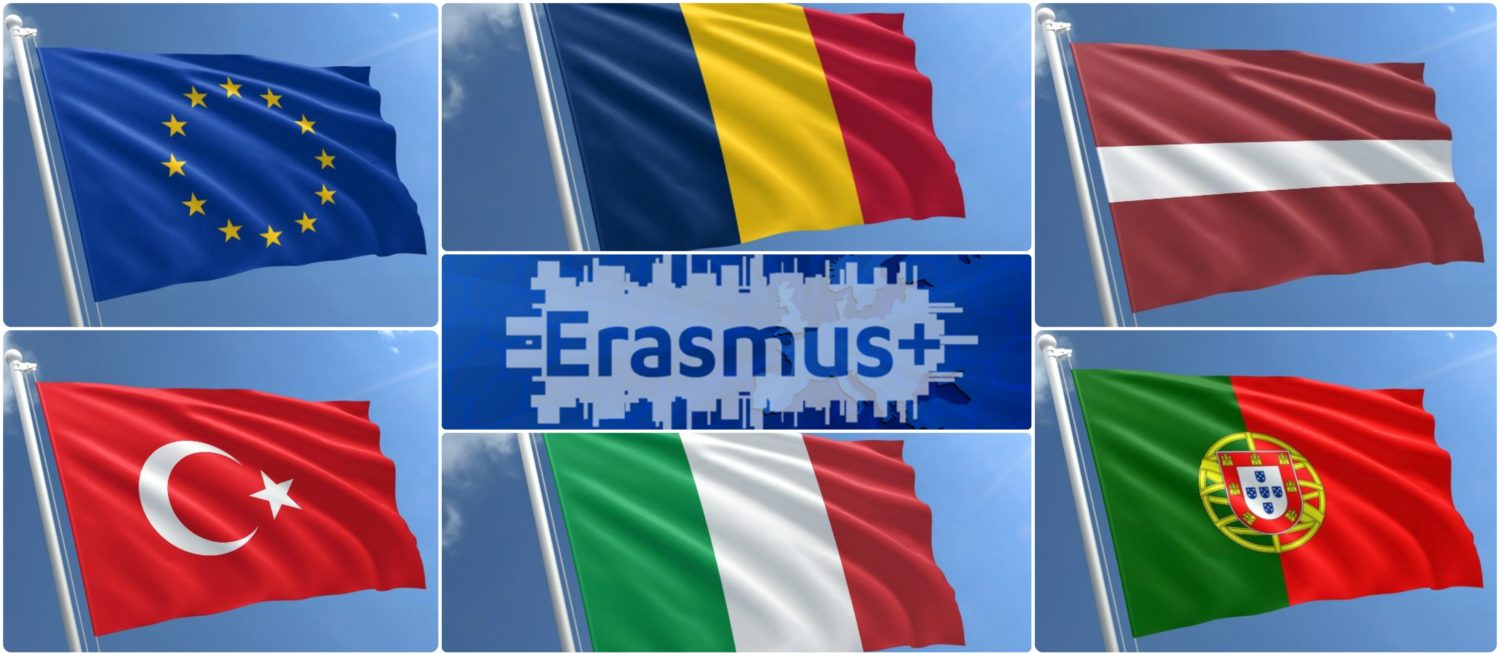Şehit Ali Aksoy Ortaokulu is located in Akhisar, in the province of Manisa, Turkey. The economy is based on industry and agriculture. People’s means of subsistence is based on the privatized institutions which work on industry products and farming on individual fields. In our school, there are only a few students whose parents have an adequate economical condition. Many families have a low income, as the parents are farmers and workers.

Our school has 276 students and 25 teachers. We have 13 classes and our students are aged between 11-15 years old. The students travel by bus every day to come to school. There are two English classes, two science laboratories, an art class, a multipurpose hall, a counselling service, a canteen, a big garden with olive trees. Our town is known as “the town of the 13th churches” which are all on UNESCO’s World Heritage List. We also have a diversity of cultural and historical places in and around the town, such as Ephesus, Sardes, Spilos, and Niobe.
Our school is managing some local projects, such as “Reading school”, “Tübitak Science Fair”, “Brotherhood”, and “Values education”, so our staff is experienced in project management. Despite their teaching experience, the teachers feel the need to update their teaching methods, as well as improve their knowledge of European languages, according to the saying “the best teachers never stop learning”. These teachers all have a professional attitude based on respect, sociability and have a positive attitude towards teamwork, considering the fact that they took part in another similar European project. Both students and teachers are dynamic and eager to create something new.
Our school has not taken part in a European co-operation before. With the help of the Erasmus+ School Exchange Partnership “Hand to Hand – Together in Europe” we would like to learn different teaching methods of teaching languages and also different cultures, because we cannot separate cultures from languages. Thus, we hope to create awareness and a universal view towards nature and cultures. Also, we think that this project will enable us, especially for children with a lower income, to develop their language skills and better understand life in different European countries. As a natural outcome of the partnership and mobilities, students’ interest towards European languages will increase, since they will be in a natural atmosphere of communication through English. And finally, such a unique experience will increase our students’ and locality’s interest in what European Membership means.
